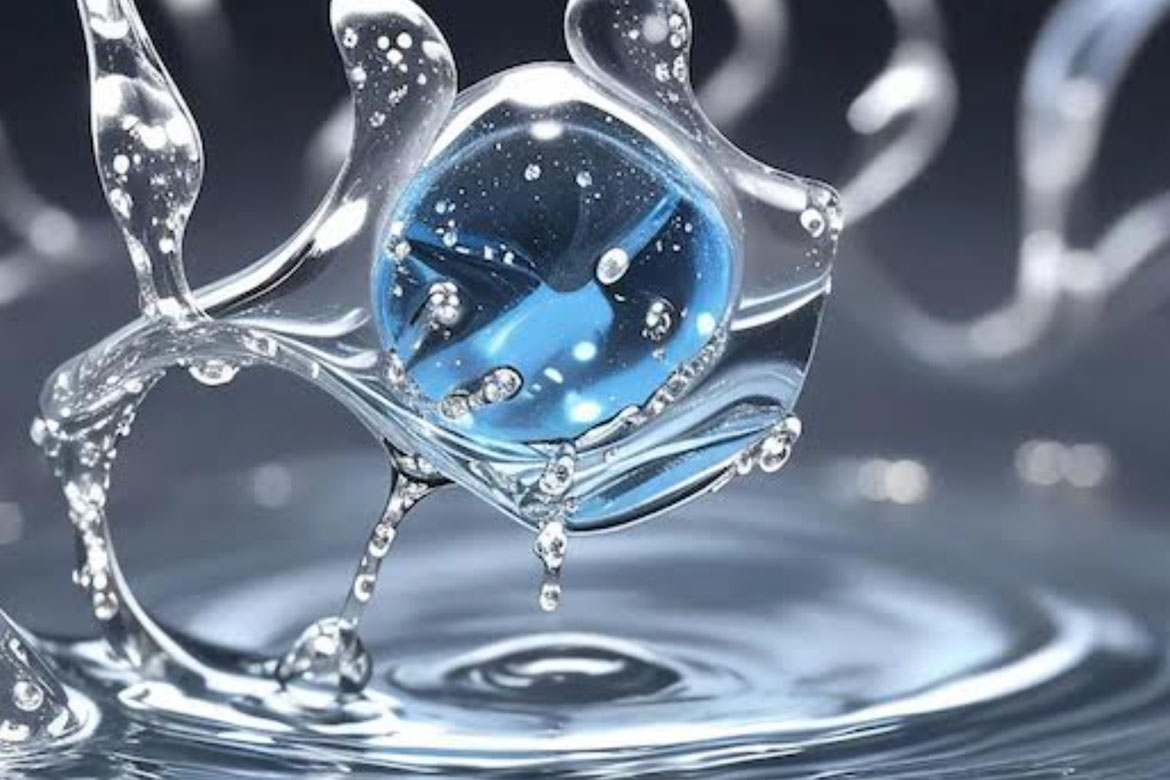Сollagen and hyaluronic acid for your health

We know that collagen is a widely-used component in cosmetics for skincare, known for its ability to preserve youthfulness. Additionally, it plays a crucial role in maintaining the health and proper functioning of joints.
Collagen is responsible for providing elasticity and wear resistance to joints. As the primary protein in connective tissue, it forms a network that serves as a framework for cartilage.
There are approximately 28 types of collagen, each derived from either marine or animal sources. Animal-derived collagen is obtained from tendons, bones, and skin of large horned animals (such as cows) and chickens. To prepare it, cow bones or other by-products of large horned animals are boiled in water.
Marine collagen, on the other hand, is derived from fish, jellyfish, and sponges. In comparison to animal-derived collagen, marine collagen consists of smaller protein peptides, which enhances its absorption efficiency.
Hyaluronic acid—what role does it play in joint health?
Connective tissues, particularly within the joints, require specialized support. After all, their primary function is to facilitate smooth and comfortable movement. To prevent joints from experiencing premature wear and tear, they require support in the form of hyaluronic acid.
It helps connective tissues reduce friction. Hyaluronic acid acts as if it protects the joint with a special film and prevents its deterioration.
In addition, hyaluronic acid:
- provides additional nourishment to the joints;
- accelerates tissue regeneration;
- increases the viscosity of intra-articular fluid;
- helps bind collagen with another protein, elastin.
As you can see, the combination of collagen and hyaluronic acid, which enhance each other's effectiveness, is advisable to add to your diet. It is preferable for collagen and hyaluronic acid to be in the form of a drinkable solution for convenience of intake and better component bioavailability. Such a combination, along with the addition of a source of sulfur and calcium, is found in the innovative drinkable complex Artikon. Pay attention to the quality and quantity of collagen: 5000 mg of marine collagen, sourced from Japan.
